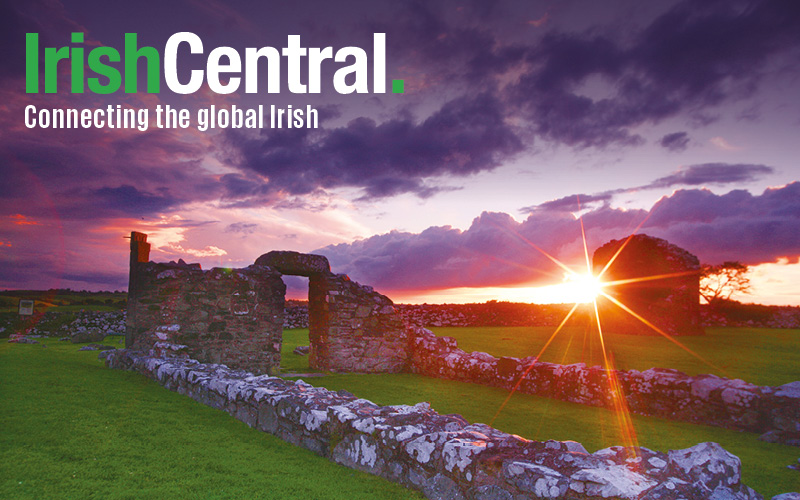In search of spiritual comfort, Catholics from the U.S. to Ireland are flocking to Mass now that the global economic situation is in crisis.
Catholic leaders around Ireland, north and south, are reporting increases in mass-goers, and many parishes in Ireland have reported up to 30 percent increases in mass attendance in the past few months.
Parish priests are attributing the surge in attendance to the economic recession.
“People are experiencing deep crisis for the first time in their lives," Bishop Joseph Duffy of Clogher, County Tyrone in Northern Ireland told the Catholic News Service. “The pace of this economic collapse has been so swift, I think it is causing people to stop and search; this naturally finds a home in coming back to church.”
In Ireland, where about 1,000 workers lose their job every day, people are reeling from the swift fall from Celtic Tiger times, and are turning toward spirituality during their economic hardship.
“People are seeing the need for deeper values, for moral values that lead on to a search for spiritual values,” said Bishop Duffy. “People are certainly searching for something deeper.”
Father William Peoples of County Donegal cited a 30 percent increase in mass attendance on Easter Sunday and a general noticeable rise in numbers over the past few months.
“The recession certainly has something to do with it,” Father Peoples said. “I suppose we have walked down the road of the Celtic Tiger for many years; we get fed up of a materialistic world and desire more.”
Across the pond, American parishes are noting an increase in Sunday worshippers as well.
Jim Cook, manager of St. Stephen’s Catholic Parish in San Francisco, spoke to IrishCentral about the typical pattern in times of economic hardship, noting that immediately following the Great Depression, attendance at Catholic churches was at an all-time high, and somewhat counter-intuitively, people increased their donations to the Church.
“I think there’s a comfort level. It’s a place you can go and feel good about giving at a time when it’s tough, because your money is going to a good cause,” said Cook.
St. Stephen’s, which has a large Irish congregation, has seen both an increase in Mass-goers and donations.
Cook hypothesizes that another motivation for attending Sunday Mass is to expand a job hunt. “It’s a good chance to talk to your neighbors,” he said. “There are also opportunities for different kinds of networking, perhaps with someone who knows someone else who’s hiring.”
Father Robert O’Connor of the Church of the Blessed Sacrament in Manhattan has also noticed more faces in the pews during Sunday Mass, with numbers ranging from 1,600 to 1,700.
“There’s a funny saying: When times are really good, Protestants go to Church. When times are really bad, Catholics go to church,” he said.
Father O’Connor, who’s been with Blessed Sacrament for 20 years, says his congregation includes many investment bankers and Wall Street employees. “Mass is a way for them to step back, and get away from all of the fury outside: the press ,the TV. Sometimes you need to turn the TV off.
“Our attitude is you have to find a place inside yourself where you can get yourself together. We leave our church open all day, and people stop in throughout. They just want to find quiet, in a place where they can truly be still.”
The Irish American priest, whose father was born in County Kerry, says his parish tries to steer its congregation away from the Catholic guilt factor that many may feel in times of an economic crisis, and focus on the positive.
“Catholics are pressed a lot by guilt. We try to play that down. Guilt is like pain, and pain is essential, because, pain is a warning – it tells us when we’re in trouble. But we try to keep people focused on the positive. It’s a self-fulfilling prophecy: if you look at everything doom and gloom, that’s what’s going to happen. If you try to take a different attitude, it will change.”




Comments